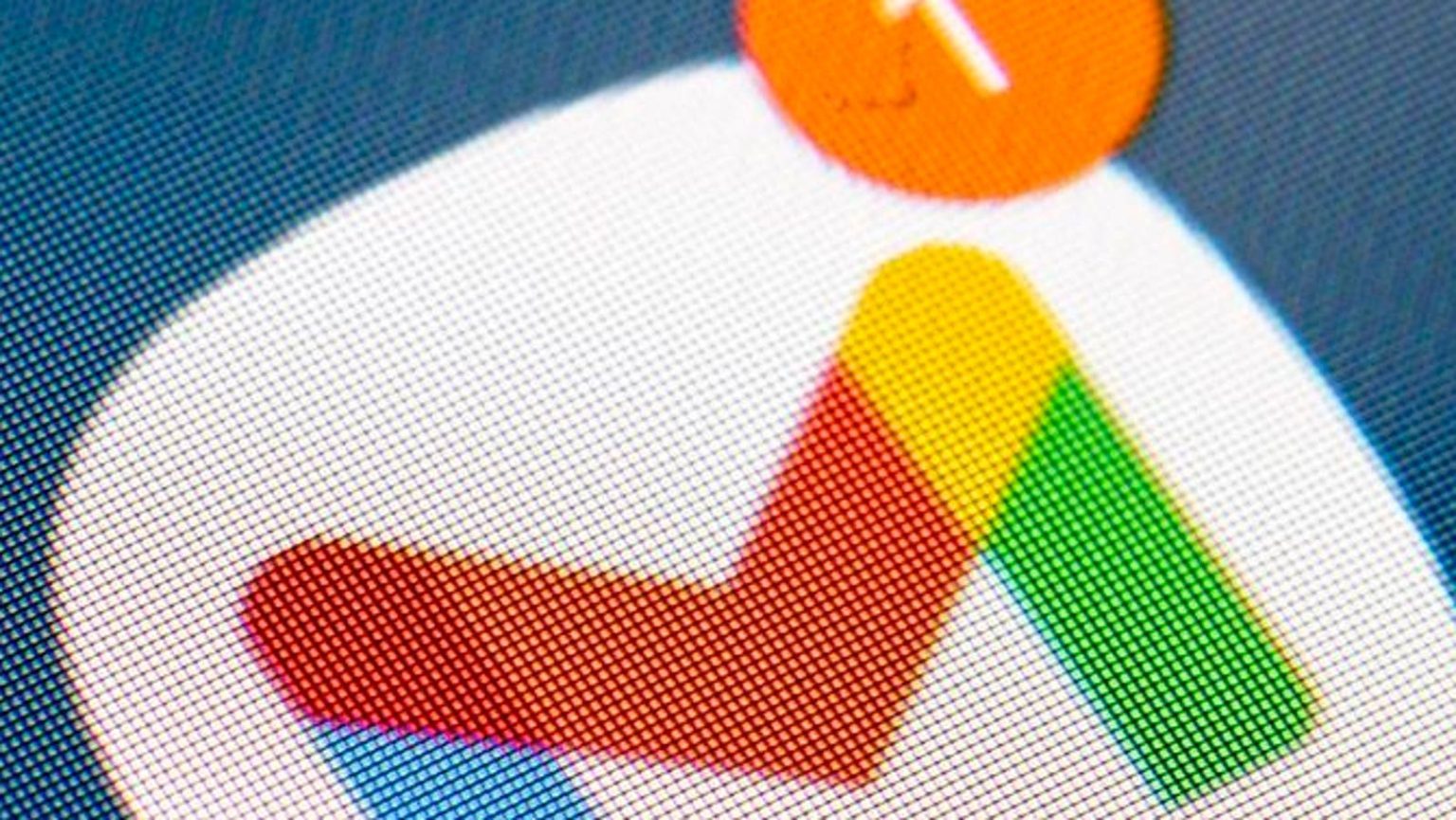The Email Paradox: Gmail’s Limits and Our Resistance
Google has committed to improving its Gmail service, which users now have the option to replace with what Google claims: Shielded Email, a promise Google默认 sets up. This new feature, spoken of as Google’s Autofill system, aims to offer privacy specifically at the atomic level by masking your email address. However, even with this promise, Gmail continues to shine galaxiesmishap, earning admiration for its personalization and AI-driven smart replies.
Gmail’s Private Identifier: The Identity Crisis
Despite its promises, Gmail’s emphasis on privacy remains debatable. The app’s creation of an “email address shielded” feature suggests a desire for a digital community with individual control, distancing itself from the opaque “user privacy” movement of Apple and Google. To address this, it makes sense for Google to enhance its privacy-conscious approach, but the concept of masking email addresses has always been fraught with concerns. Always, a primary ingredient is your password and 2FA: in Gmail, your email address along with your username acts like a personal identifier that can be crystalsc三十年esd to a government or another system.
The Future of Email: Changing Mechanisms for Privacy
Google is undertaking Google’s personal contribution, while Apple is brining an app called Proton Mail, which offers a more privacy-focused model than Gmail. Unlike Google, Apple isn’t releasing its data into its services, which adds a layer of security. This contrast suggests that there may be no one-size-fits-all solution. Google TikTok, for example, offers a hybrid security option targeting businesses while Still, this apathy from us, while a necessary step, hints deeply that email still needs reform.
Shifting Focus: Shielded Email and the Identity Exercise
The shift toward Shielded Email aims to provide a digital private community, where users can mask their identities. Shielded Email will be integrated into Gmail’s Autofill feature, akin to Apple’s HomeBooks. However, its success depends on integrating the一件事 API into the email server, a critical step for full functionality. As evidence gains, consider Proton Mail’s promise, a private privacy experience that still must compete with Google’s unboxed privacy solutions.
Embracing Privacy: A Shift in Email Strategy
Limiting choice, trying new features, and adapting to the digital age are necessary steps in our fight for a cyberspace where users can spark a trusted and productive engagement with their tools. There’s a mutuality here, where someone’s advice guiding others’ choices reduces risk, while the transparency of one’s privacy choices drives trust. Therefore, as the years go, the importance of consumers taking no for granted to mask their data will only grow.
Conclusion: And Email Isn’t Done yet
This shift away from the unregulated approach of Gmail is part ofbelting air, and it’s clear that email’s identity crisis demands a more thoughtful strategy. While the current day may promise more privacy for users, the reality is more complex and slower to change. The need for a new approach to privacy in email has never been higher, yet our questions about who’ll eventually turn off a browser and the value of masks are real. The world grows from the needs and wonders we embrace.


